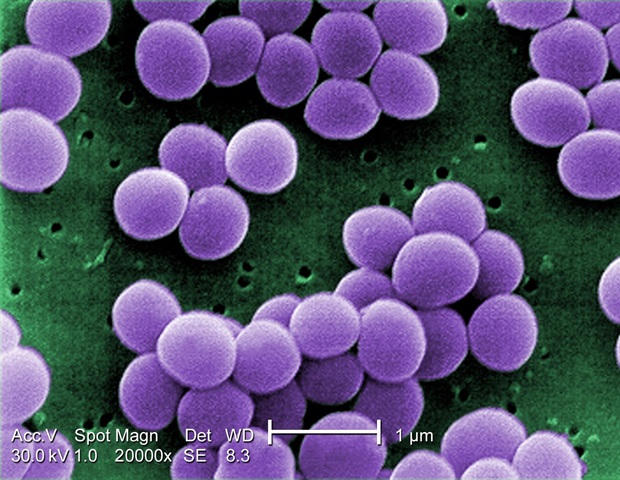[ad_1]

University of California San Diego and University of California Berkeley researchers have been awarded up to $7 million from the Advanced Research Projects Agency for Health (ARPA-H) to conduct research under the PROTECT project -; Pro/Prebiotic Regulation for Optimized Treatment and Eradication of Clinical Threats. The project targets pathogens such as Pseudomonas aeruginosa and potentially Staphylococcus aureus, which pose significant health risks for individuals with cystic fibrosis and those dependent on respirators. PROTECT co-principal investigators are Karsten Zengler, Ph.D., professor in the Departments of Pediatrics and Bioengineering at UC San Diego and Adam P. Arkin, Ph.D., Dean A. Richard Newton Memorial Professor at UC Berkeley’s Department of Bioengineering.
We are excited to begin this important endeavor and grateful to ARPA-H for their vision. This research could pave the way for a new modality to optimize dosing and monitor lung health, particularly for individuals suffering from cystic fibrosis, a rare yet debilitating genetic condition with no known cure. This project represents an innovative strategy to tackle infectious diseases in ways previously unexplored. If successful, this technology will revolutionize how we approach microbe-related illnesses.”
Karsten Zengler, Ph.D., Professor, Departments of Pediatrics and Bioengineering, UC San Diego
The PROTECT project seeks to combat lung infections by assembling a community of beneficial lung microbes that can outcompete harmful pathogens. Researchers will identify probiotic bacteria from healthy individuals’ microbiomes, focusing on those capable of thriving alongside the host while metabolizing substances that invading pathogens require to survive and proliferate. By enhancing these competitive interactions, the project aims to protect lung health and track the effectiveness of these probiotics through engineered signaling molecules. Initially, the project will focus on cystic fibrosis and bronchiectasis, with the potential for broader applications.
The work will be done in phases over four years. The first phase centers on identifying and analyzing competitive niches within the airway microbiome, particularly focusing on Pseudomonas aeruginosa. The researchers will recruit and sample from patient cohorts to identify bacterial strains and their metabolic profiles, emphasizing those associated with cystic fibrosis and bronchiectasis. It will then perform meta-functional genomics to understand microbial interactions and metabolic traits critical for designing effective probiotic formulations. The formulations of pre- and probiotic interventions will be tested in cystic fibrosis mouse models to obtain compositions that are readily translatable to the clinic.
Pseudomonas aeruginosa, a Gram-negative bacterium, is one of the most significant and frequently antibiotic-resistant pathogens in cystic fibrosis patient populations. Found in 60 to 80% of adults with cystic fibrosis, it is associated with rapid lung function decline and increased pulmonary exacerbations – a significant and sudden worsening of symptoms in people with cystic fibrosis. Chronic infections lead to higher mortality rates and a substantial healthcare burden due to frequent hospitalizations and antibiotic treatments. Eradicating Pseudomonas aeruginosa offers significant clinical benefits, underscoring the urgent need for new treatments. It is also a leading cause of hospital- and ventilator-associated pneumonias, representing another critical unmet medical challenge.
UC San Diego’s multidisciplinary team for this project includes Fatemeh Askarian, assistant project scientist of pediatrics; Douglas Conrad, professor of medicine and director of the Adult Cystic Fibrosis Clinic; Chantal Darquenne, adjunct professor of medicine; Patricia Lenhart-Pendergrass, assistant adjunct professor of pediatrics; and Victor Nizet, distinguished professor and vice chair for basic research in the Department of Pediatrics.
The project has a budget of up to $22.7 million.
[ad_2]
Source link



